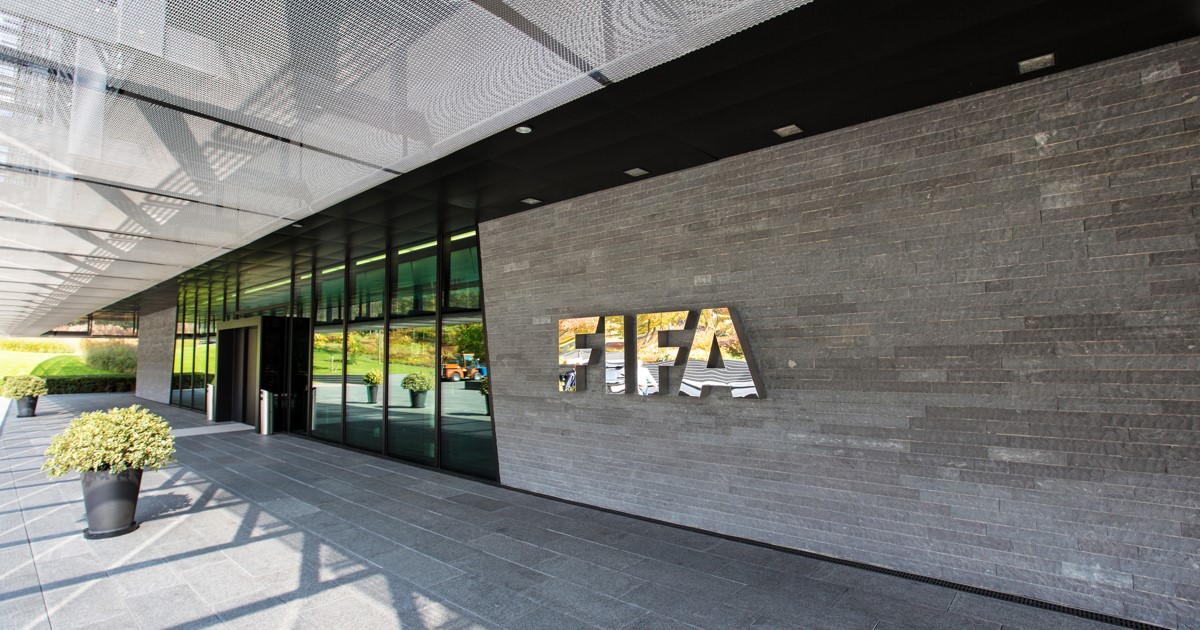CJEU ruling opens door for review of Court of Arbitration for Sport rulings

The ruling comes after a Belgian football club, RFC Seraing, appealed a previous decision which said it could not appeal a CAS decision on sanctions over player contract irregularities, with the club then claiming the decision was contrary to EU law.It now opens the door to footballers and other athletes to challenge rulings by CAS imposed on them by governing bodies such as FIFA, and to conduct reviews through the courts in their own countries rather than being forced to accept their decisions as final.Julian Diaz-Rainey, sport disputes expert at Pinsent Masons, said the decision would bring CAS rulings in line with European law.“The CJEU placed emphasis on the unilateral imposition of arbitration by the governing body and how, in these circumstances, awards by CAS should be subject to judicial review, to ensure that any decision was consistent with EU public policy,” he said.RFC Seraing, which plays in Belgium’s second tier, had agreed a financing deal in 2015 with Maltese firm Doyen Sports, which gave Doyen a share in the transfer rights for some of the club’s players.The deal was against FIFA’s rules on third party ownership of players, leading football’s governing body to impose a 150,000 Swiss Francs (approx. US$185,500) fine and ban the club from player trading for four transfer windows.CAS had upheld the sanctions – a ruling which was subsequently supported by the Swiss Federal Supreme Court.But a lengthy legal battle saw Belgium’s judiciary ask the CJEU whether EU courts must regard arbitration rulings from a non-EU body as legally binding – leading to the European court rejecting that position and ruling that “unilaterally imposing” such a mechanism ran contrary to EU law.“The Court recalls, first of all, that recourse to arbitration by individuals is in principle possible, adding, nevertheless, that if that arbitration is to be implemented within the European Union, it is necessary to ensure that it is compatible with the judicial architecture of the European Union and that it is consistent with EU public policy,” it said in its ruling.“The Court finds that, in the present case, the CAS award was made pursuant to an arbitration mechanism that was unilaterally imposed by an international sports association (FIFA), as is often the case in sports-related disputes.“For that reason the Court rules that, in order to ensure effective judicial protection for athletes, clubs and other individuals who might be affected as a result of pursuing a sports-related economic activity within the European Union, the awards made by the CAS must be amenable to effective judicial review.”Diaz-Rainey added: “Sports organisations, clubs and participants tend to resolve their own disputes without the involvement of domestic courts, and it will be interesting to see whether this development is followed by non-EU jurisdictions”.








